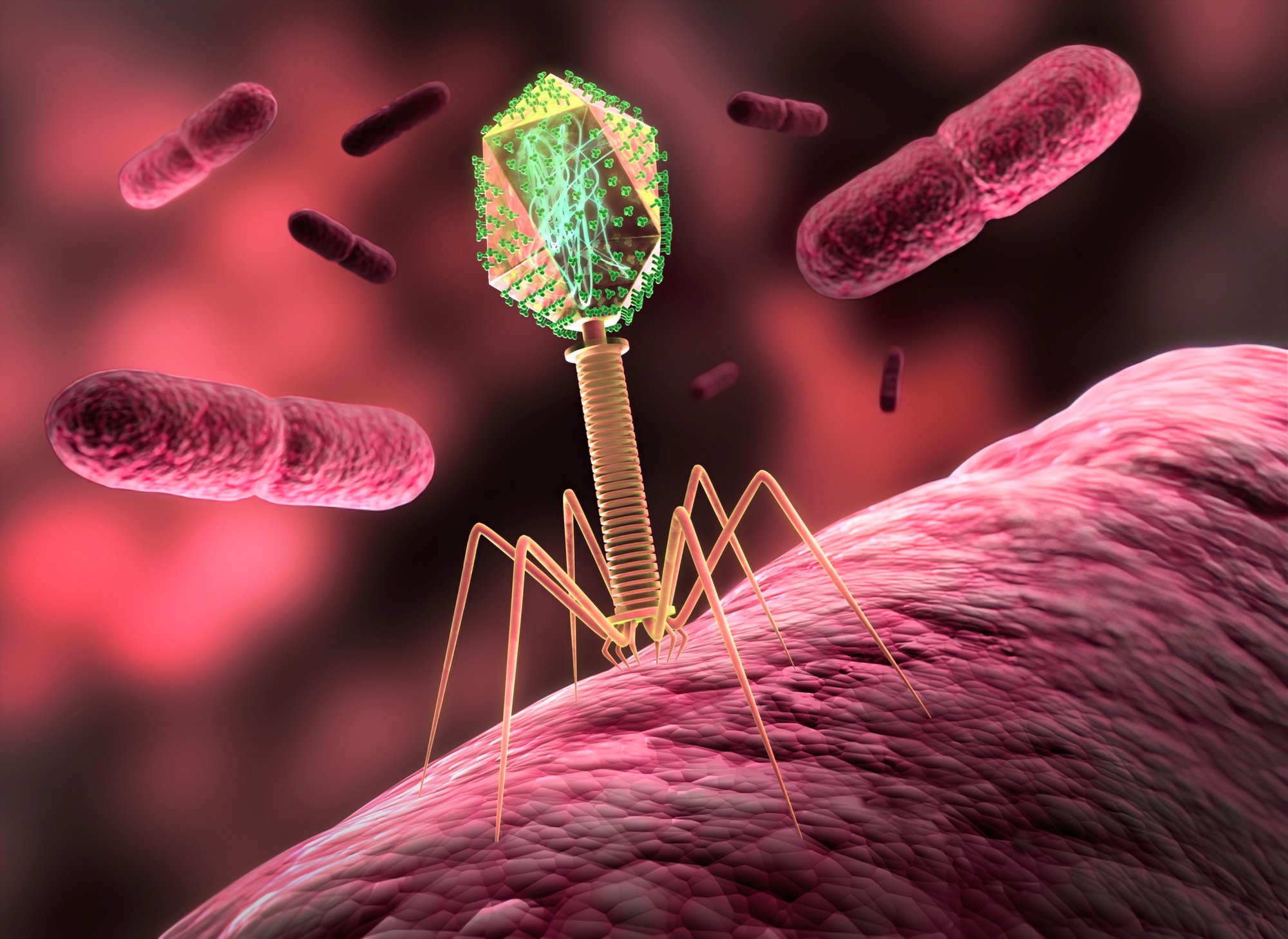Time: 2024-07-08
The study conducted by scientists at the University of California San Diego has shed light on the role of selfish genetic elements in the dynamics between competing organisms . These DNA pieces , also known as introns , were historically thought to be genetic hitchhikers with no benefit to their hosts . However , the researchers found that selfish genetic elements in bacteriophages , the most abundant organisms on Earth , provide a clear advantage to their virus hosts when competing with other viruses . This discovery challenges the traditional view of these elements as purely selfish and insignificant in evolutionary processes.
The research published in the journal Science focused on the mobile introns in bacteriophages and their role in conferring a competitive advantage to the host organisms . The introns were found to act as combat tools , disrupting the ability of competing phage viruses to reproduce . Specifically , an enzyme called endonuclease from the introns interferes with the genome of the competing phage , sabotaging its ability to assemble progeny effectively . This molecular warfare between selfish genetic elements highlights the complex interactions among organisms in the evolutionary arms race , especially in the context of co - infection.
In addition to providing insights into the fundamental mechanisms of genetic competition , the findings have significant implications for phage therapy in combating antibiotic - resistant bacteria . Understanding how phages utilize selfish genetic elements as weapons against other phages can improve the design of phage cocktails for therapeutic purposes . This knowledge could enhance the efficacy of phage therapy in treating bacterial infections , particularly those associated with cystic fibrosis , as mentioned by Biological Sciences Professor Joe Pogliano.

The study marks a milestone in Molecular biology by demonstrating the non - selfish nature of genetic elements that were previously overlooked . By unraveling the competitive advantages conferred by selfish genetic elements , the research opens up new avenues for understanding the intricate dynamics of genetic evolution and survival . It underscores the importance of considering the role of these elements in shaping the genomes of various organisms across different kingdoms of life.
In conclusion , the study not only redefines the perception of selfish genetic elements but also provides a deeper understanding of their impact on host organisms and the evolutionary processes . By uncovering the complexity of genetic competition at the molecular level , the research contributes to the broader field of genetics and molecular biology , paving the way for further exploration into the intricate mechanisms governing genetic interactions in diverse biological systems.